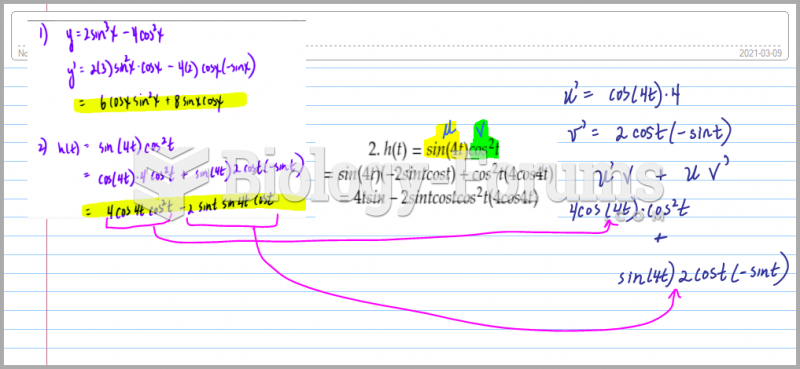Answer to Question 1
The federal government should assist the states through federal funding and incentives to reduce the use of secure detention and secure confinement, by developing community-based alternatives. The effectiveness of such programs both for the protection of the community and the benefit of the youth in their charge should be monitored.
Although calling for reforms to the juvenile justice system was a key element of the national panel's final report, panel members were equally or more concerned with the need to prevent delinquency before it occurs and intervene with at-risk children and adolescents.
Importantly, there is growing public support for prevention and intervention programs designed to reduce delinquency, not to mention a high level of public disapproval for abolishing the juvenile justice system in favor of a harsher, criminal justice system response.
The panel also called attention to the need for more rigorous experimentation with prevention and intervention programs with demonstrated success in reducing risk factors associated with delinquency.
Some states, such as Washington, have begun to incorporate a research-based approach to guide juvenile justice programming and policy.
Student views will vary.
Answer to Question 2
Accountability. Teen courts may help to ensure that young offenders are held accountable for their illegal behavior, even when their offenses are relatively minor and would not likely result in sanctions from the traditional juvenile justice system.
Timeliness. An effective teen court can move young -offenders from arrest to sanctions within a matter of days rather than the months that may pass with traditional juvenile courts. This rapid response may increase the positive impact of court sanctions, regardless of their severity.
Cost savings. Teen courts usually depend heavily on youth and adult volunteers. If managed properly, they may handle a substantial number of offenders at relatively little cost to the community.
Community cohesion. A well-structured and expansive teen court program may affect the entire community by increasing public appreciation of the legal system, enhancing community-court relationships, encouraging greater respect for the law among youth, and promoting volunteerism among both adults and youth.
Student views will vary.






